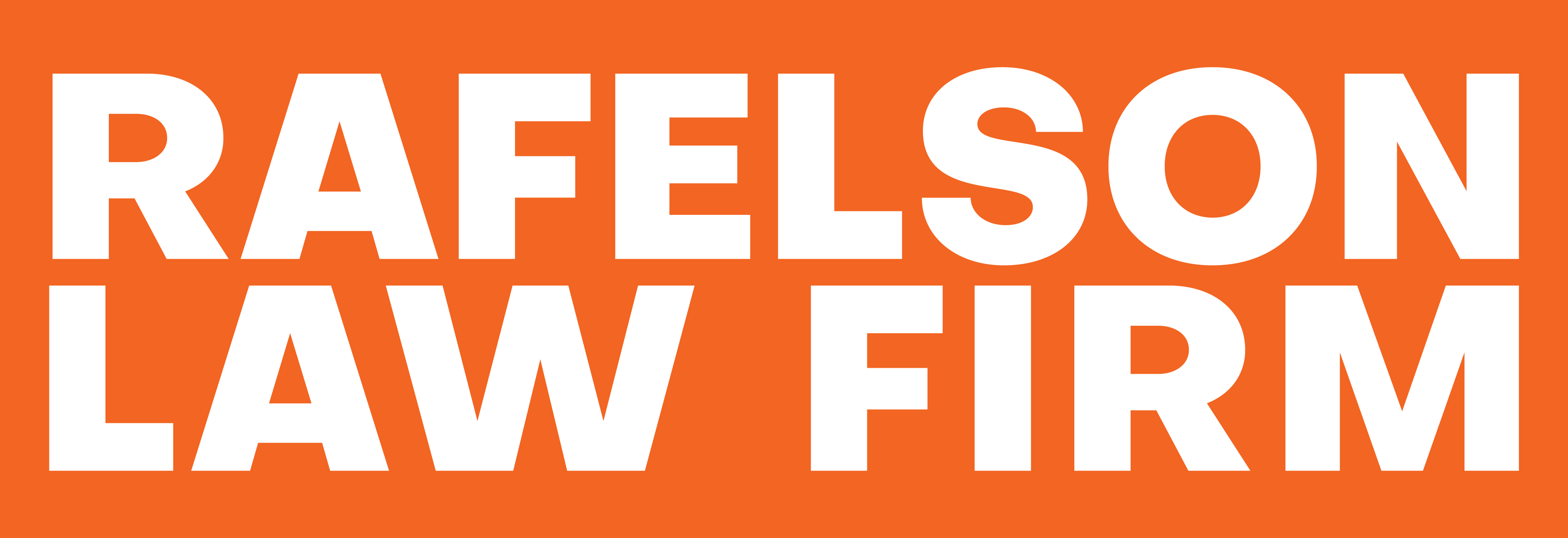Can online retailers be compelled by law to collect a sales tax? According to the Supreme Court, no — but that could change if, in the next few weeks, it decides to take up a case challenging the current rule.
The court should reconsider the prohibition, because the law takes a hammer to the fiscal health of states, which lose out on millions, if not billions, of dollars in sales tax revenue. Staggering amounts of digital transactions occurred this year: an estimated $6.59 billion in digital transactions on Cyber Monday (which would be a record), and an estimated $100 billion for the holiday season.
Customers may be confused: Some online retailers do collect sales taxes, at least sometimes. Amazon, for example, collects them on Amazon transactions, but not on third-party-vendor transactions sold through Amazon.
Why are online retailers intermittently collecting sales taxes on transactions? It’s because only online retailers that have a brick-and-mortar location (a so-called physical presence) in a state are legally required to collect the tax. South Dakota has asked the Supreme Court to re-examine that question in a dispute with online retailers including Wayfair and Overstock.


